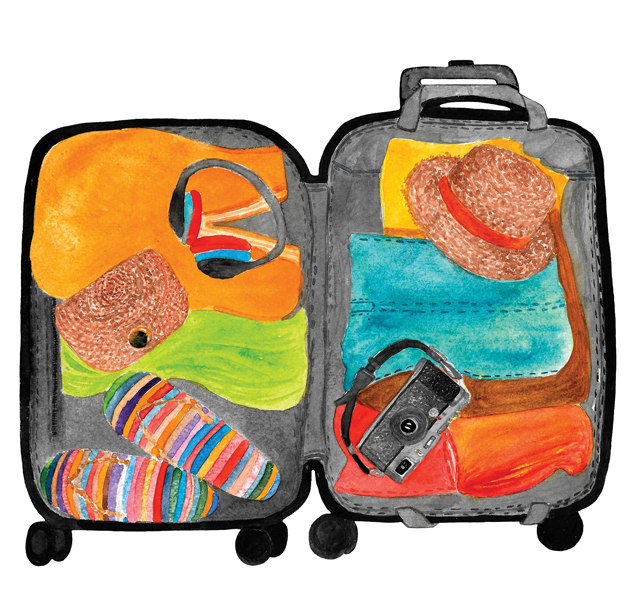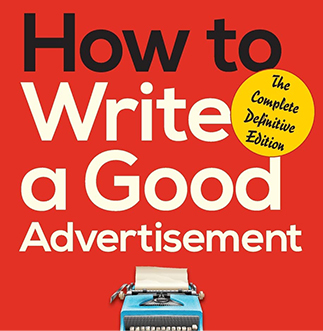The Cardiologist's Wife: Surviving Vacation
The Cardiologist's Wife: Surviving Vacation
School is out, and summer vacation season is in full swing. Vacations should be carefree and relaxing, so no matter where you are going, don’t let an unexpected health issue ruin your good time. Be prepared by packing a few basic medical supplies to deal with whatever comes your way.
Having the necessary medicines on hand will prevent you from having to find an open store in the middle of the night or trying to communicate your needs with someone who doesn’t speak English. The faster you can access medication, the sooner you will feel better and get back to having fun.
That doesn’t mean you have to take a whole pharmacy with you. There are a few essentials you can pack for unexpected illnesses that will make travel better if something goes wrong. Of course, always be sure to take all prescription medications. Get refills well before you leave so you know you have plenty on hand, and take a few days extra supply in case you experience delays in getting home.
Every country has its own rules concerning medications. If you are traveling abroad, check with your destination’s embassy to make sure your medications are permitted. There could be serious consequences if you violate laws at your destination. Take your CPAP machine when you travel as it is important to treat your sleep apnea continuously for the best possible results.
When traveling to a foreign country, a less developed country or heading into the back country, make sure you are up-to-date on any necessary vaccinations well before leaving so you have time to develop immunity. Check the U.S. Department of State for travel warnings and CDC travel health notices. Also, make sure a family member or trusted friend has your travel information and phone numbers of places you will be staying in case of an emergency. While in foreign countries, make safe food and drink choices. If the water is known to be unsafe to drink, don’t use it for brushing your teeth.
Check with your health insurance plan to see if you have international travel coverage and what that will cover. For example, does your plan include medical evacuation? You may want to consider getting travel health insurance if your policy seems lacking. Make sure you take health insurance cards with you.
If you are traveling with children, make sure you have children’s versions of medications like Pepto, Benadryl and Tylenol, as well as diaper rash cream for infants.
Finding what you need in a foreign country quickly may be difficult because of the language barrier (Band-Aids are called plasters in the UK for example), or you may not be near a store when exploring the great outdoors. Or you might not be able to find a suitable equivalent for what you use at home. Here is a list of over-the-counter medications and supplies you should consider for your first aid travel kit.
• Antacids - The local cuisine may not agree with your digestive system.
• Antihistamines - Benadryl, Claritin or something similar for an unexpected allergic response.
• Constipation relief - Travel and different food may challenge your bowel system.
• Diarrhea medicines - These are essential when traveling to a country where you can’t drink the water.
• Motion sickness patches or medicines - That boat ride or roller coaster may have a lingering effect on you.
• Pain or fever medicines - Tylenol or Ibuprofen can help treat a variety of symptoms.
• Band-Aids - Take adhesive bandages in several sizes and Moleskin for blisters if you are hiking.
• Antiseptic ointment like Neosporin is useful for minor cuts and scratches.
• Hydrocortisone cream is good for itchy rashes and sunburns.
• Sunscreen - Sweat resistant and water resistant is best.
• Insect repellent is a must if you will be outdoors any length of time.
• Instant Ice packs are good to have when hiking or participating in active sports.
• Sting Kill or Sting Zapper for jellyfish stings.
• Aloe for sunburns.
• Tweezers can be useful for removing ticks or splinters.
• Antiseptic or alcohol wipes for cleaning wounds.
• Medical tape for bandages.
• Dressing or gauze - Non-stick, sterile pads can be used for larger wounds.
• Rehydration packets - In case you become dehydrated from a stomach bug or a long day of hiking.
• Eye drops - To relieve dryness and irritation from wind, sun, saltwater, dust, etc. Consider having allergy eye drops, as well.
• EpiPen - Always bring an Epi-pen if you have any serious allergies, and make sure to alert restaurants about your food allergy before ordering.
Pick the items that best fit your needs and the place you will be traveling. If you are going to a big city, you probably won’t need insect repellent, tweezers or medical tape, but those might come in very handy while camping or backpacking. Being prepared might prevent a minor problem from becoming a bigger one and make your vacation a little more enjoyable.







